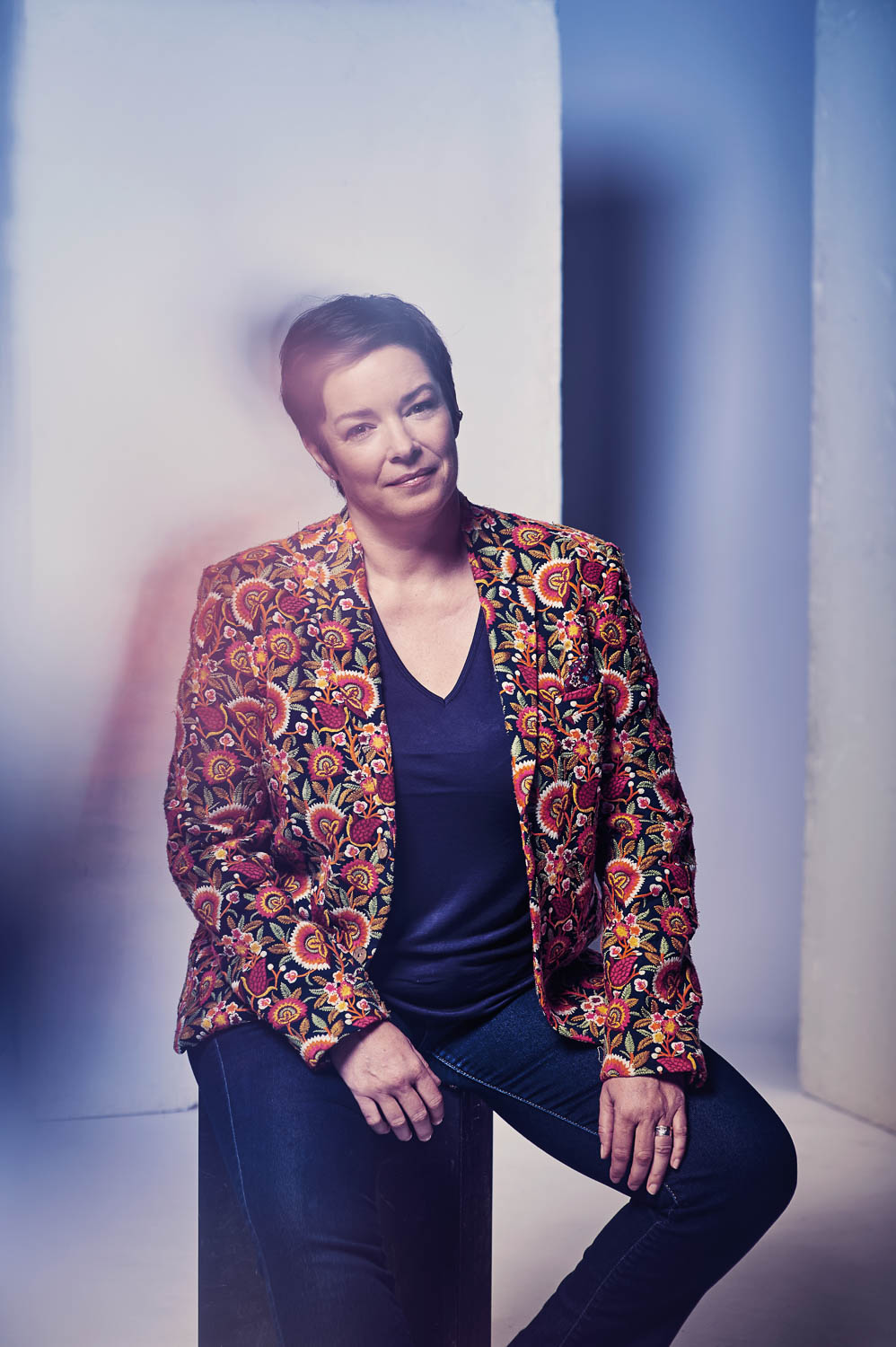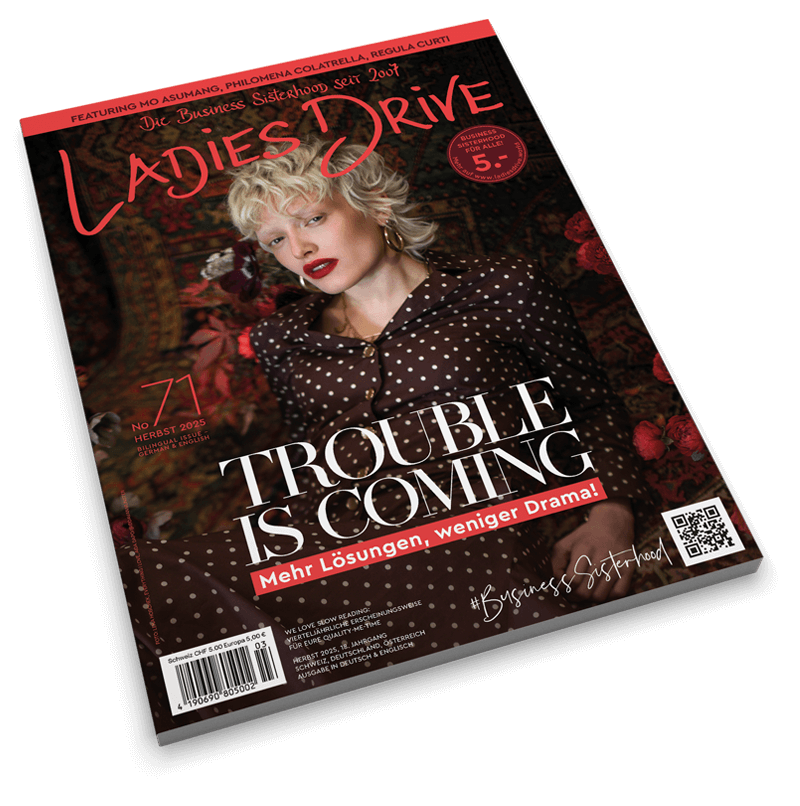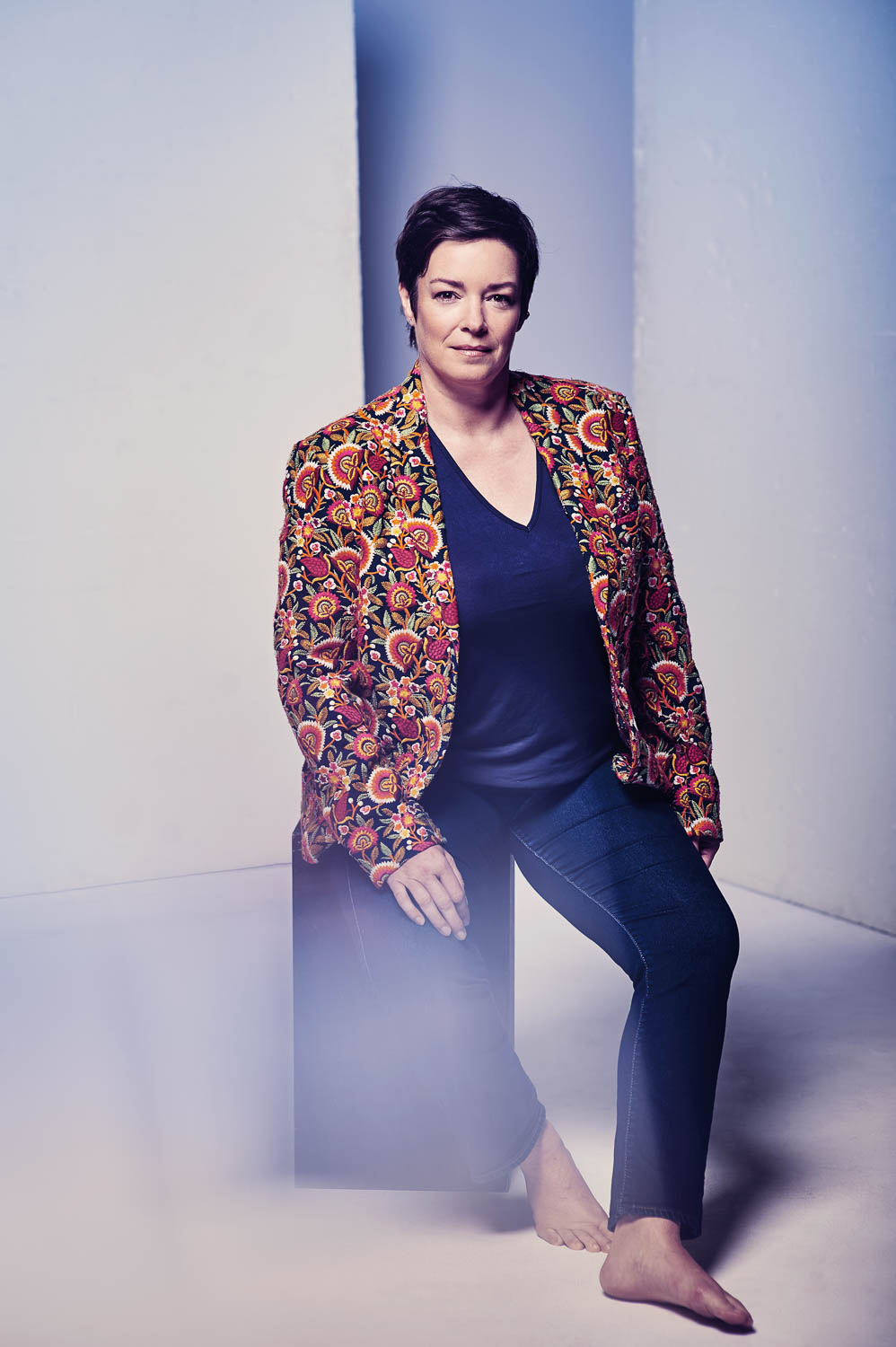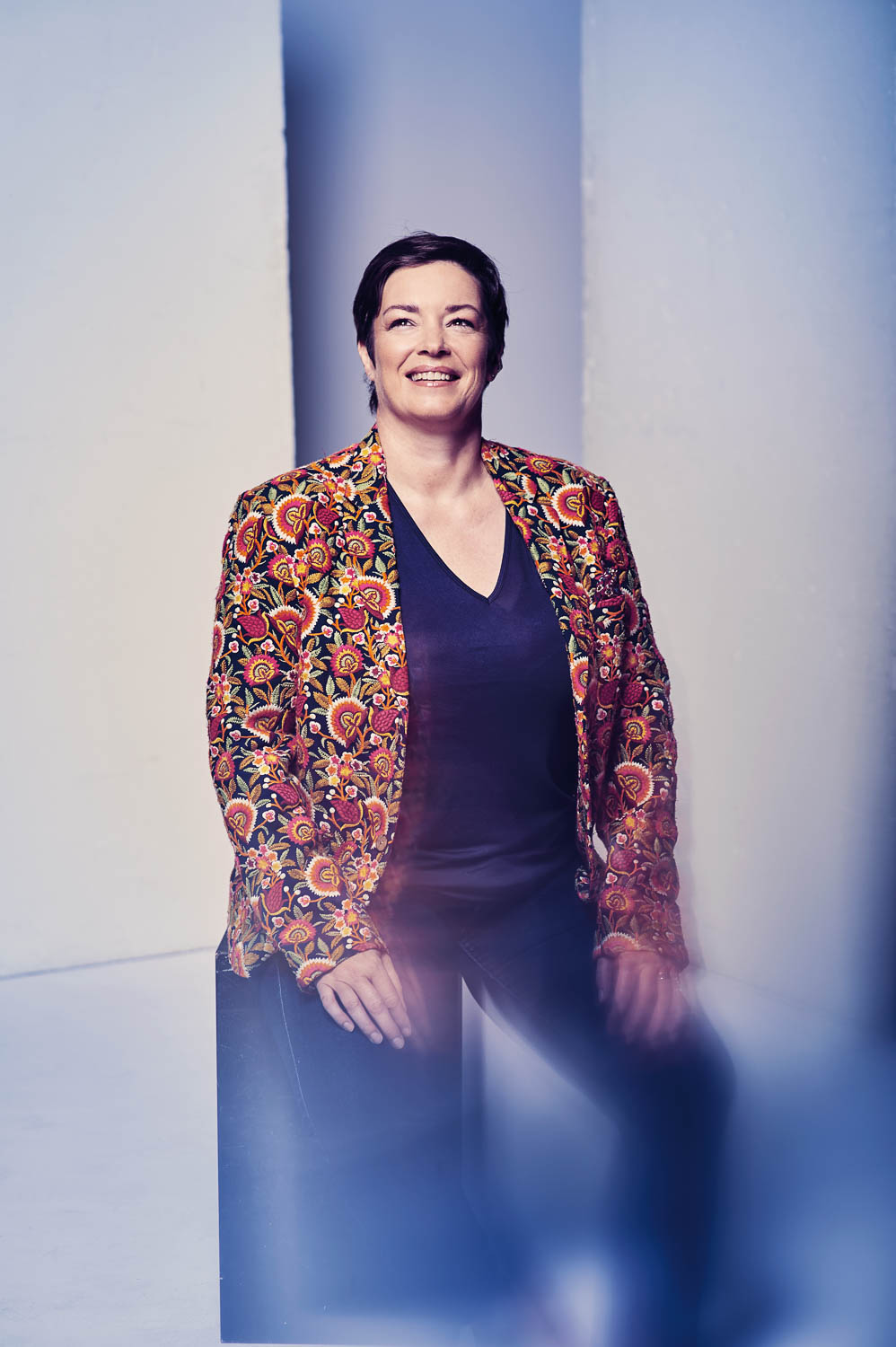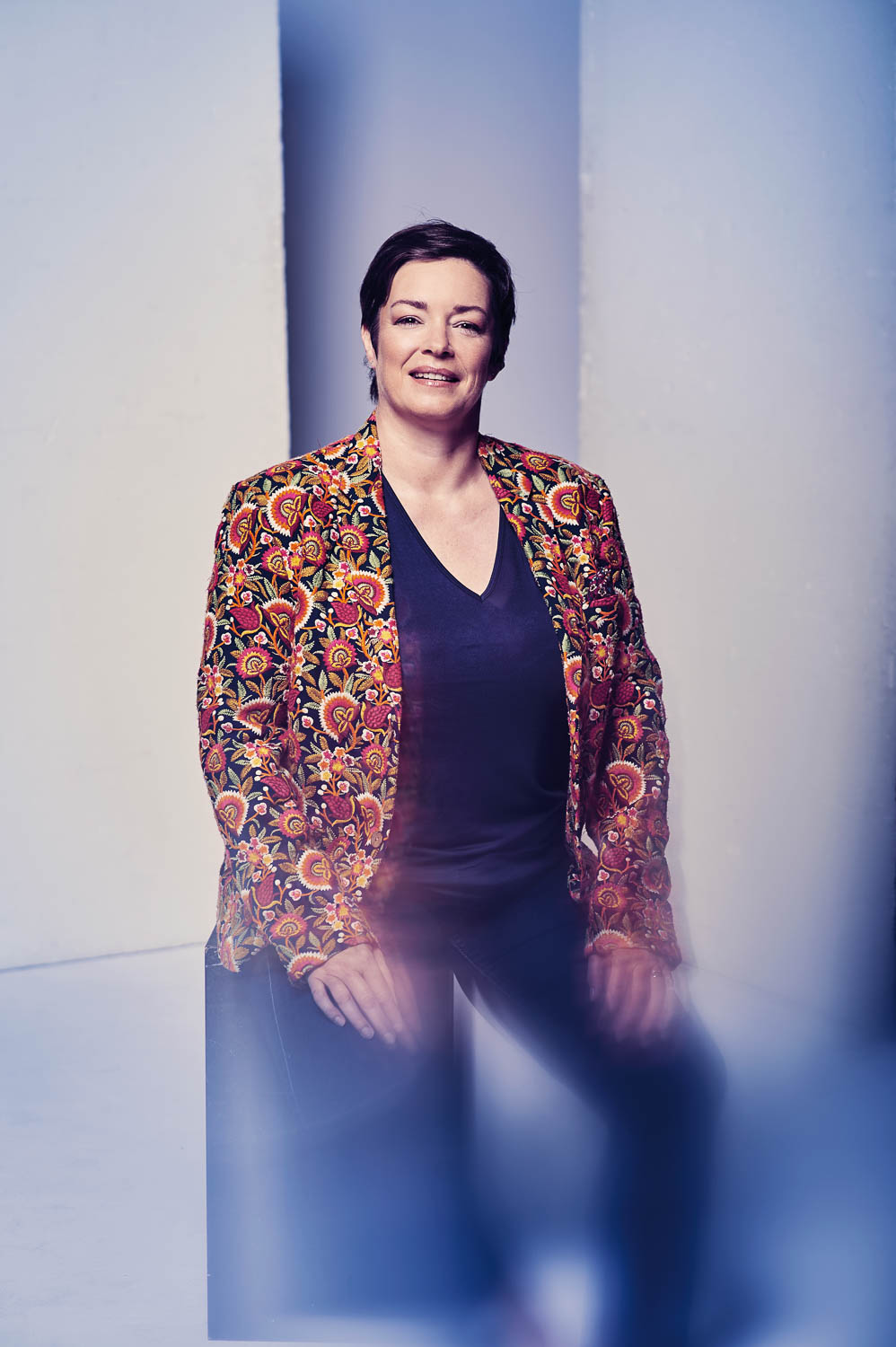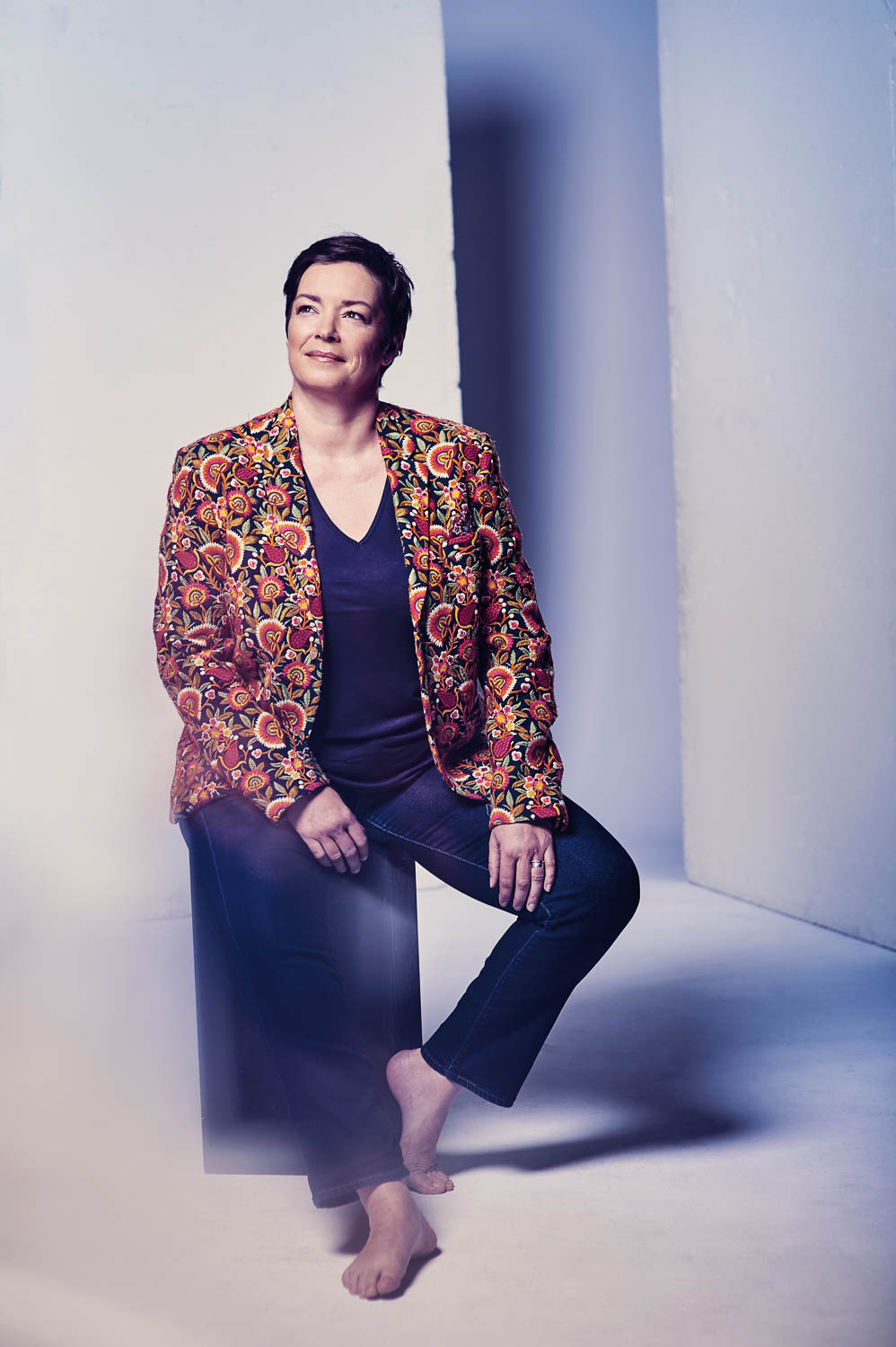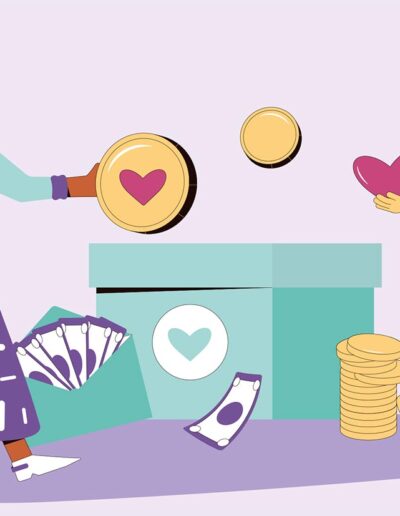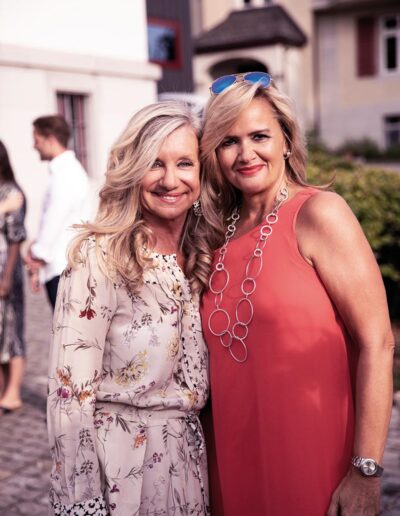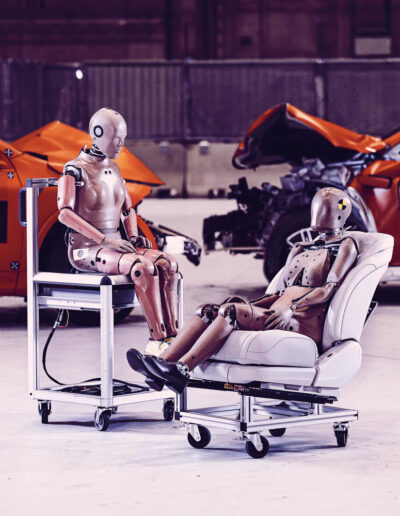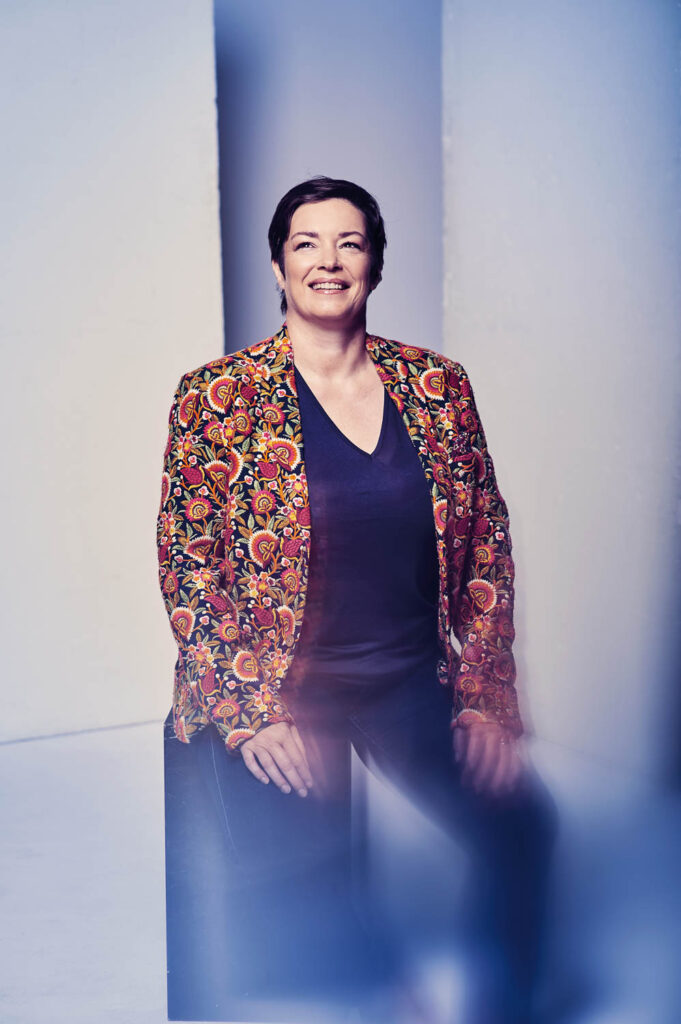
Morgan Van Overbroek
Swiss Polo Association President & Owner Polo Park & Country Club Zurich
www.spa-swisspolo.ch
www.polopark.ch
Kindness Economy means redirecting business priorities towards compassion, empathy, and positive social impact and to make a human being the centre and build a supportive work environment around them.
We tried so many models already. They all fell one after the other. At this very moment in history, we are very far from a global kindness economy. It will be extremely challenging to bring it to some areas that currently suffer from war, which will damage people’s minds and souls for generations. But there is also many areas on the globe where kindness economy can be implemented without any further notice. Let’s dream big. We all need something positive in these hectic years.
And we should never underestimate that kindness is very powerful and contagious. Once we feel and appreciate its positive impact, it is hard to go back to other models. Establishing a compassion-based model may take some time, but it will eventually be self-sustaining.
Building a company or team around kindness requires a strong personality, as well as being true to your values and dedicated to your employees. It’s important to think about who would have been the best employer you had at a young age and how that could have impacted your life. So trust being a building block in kindness economy, you’ll look to evaluating people’s performances and assigning tasks accordingly. People and their work evolve, creating positive energy, implementing changes in the staff or team structure. Your work family is just like every family: even when disagreements arise, it’s important to look after its members.
I feel fortunate to work with both humans and animals. Horses can’t lie. To work with them forces you to enter a kinder communication and work ethic. It requires consistency, resolution, and focus.
Stepping on someone’s head won’t make you taller. Polo was my best teacher in terms of kindness economy. In this sport, we play in a team of four people, each one with their personal level of game understanding and riding knowledge and abilities. Everyone has a role to play and is key to the success or failure of the team. You need to support your team members when they fail, so they can quickly recover and perform in the next few seconds. Being a captain in a fast-paced team sport requires extreme focus. You need to concentrate on your performance, encourage your teammates, and make quick decisions to counterbalance the opponent team’s actions. Whether you win or lose, your goal should be to have a good game and for everyone to be happy with their performance.
I lost games because our team was extremely weak, players were tired, their mind wasn’t in the game, we could barely hit the ball forward. So instead of pushing them to try to score goals, I worked on each one to improve or learn something. It was properly exhausting for me but we saved the team spirit and we got a massive team hug when we got down our horses. You never lose, you always have a chance to learn. Horses first, humans second, winning eventually.
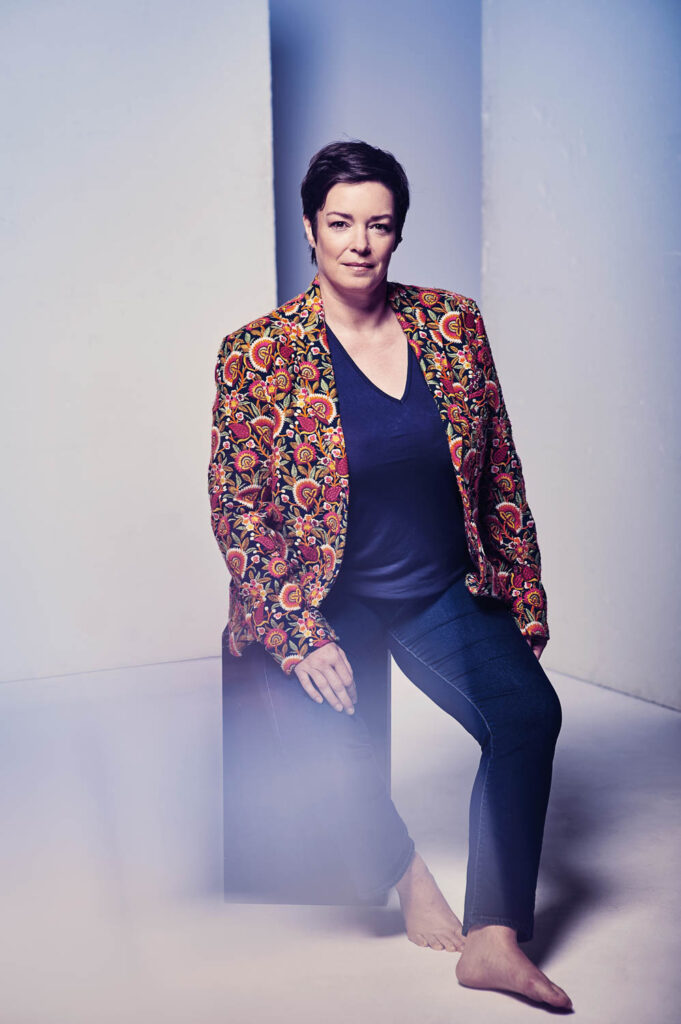
As a team player, one of the biggest challenges in our discipline is to become a perfect teammate with our equine partners. Communicating positively with an animal that weighs five times more than us, has other ways to communicate, can sense our mood just by watching us walk towards them, and is genuinely afraid of almost everything can be quite a challenge. It requires patience to gain a horse’s trust, but learning to do so helps us build a strong foundation with humans as well. I am fortunate to work with many different people who are experts in their respective domains, ranging from running a polo federation to taking care of foals. We all work towards the same goal with the same passion, from the bottom to the top. If a horse does not experience kindness in its first few weeks of life, it can develop trust issues that may last a lifetime – same for humans.
Why not start with the first one next to us ? I try to focus on one person at the time, it takes energy and I can’t achieve good results when my attention gets scattered. Funnily enough, I use the same methods as horse trainers, I am very present for very short and intense periods and then I leave the person work alone, letting her develop her system.
It mostly works well, but in my experience, less than 10% of the time it fails due to abuse and greediness. I don’t believe those individuals will gain anything worthwhile; they’re just wasting their time with an unproductive work ethic. Everyone makes mistakes, and second chances should be given, but not to the extent that someone can take advantage of you or your company.
Morgans’s Kindness Economy Soundtrack: “Push the Sky Away” by Nick Cave and the Bad Seeds

